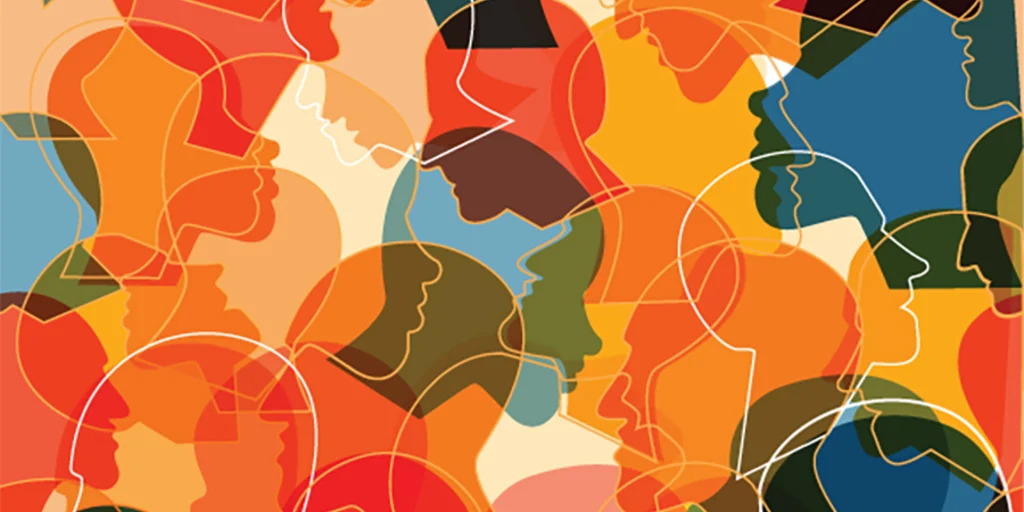CURRENT RESEARCH
Works in Progress
Microaggressions surpress workplace voice, but not just for the Victim!
Preprint now available! https://osf.io/preprints/psyarxiv/8zhwg
Amelia Stillwell, Alexandra Figueroa, Elizabeth Tenney, Tamara Calzado Real, Ariel Blair
In this paper, we inform theories of voice in modern, diverse organizations by revealing the psychological burdens placed on employees who witness racial mistreatment towards others. Three studies show that among employees from a variety of racial backgrounds (i.e. White, Black, Latine, East Asian), witnessing racial mistreatment towards others discourages voice by decreasing expectations of psychological safety in the organizational environment. Yet, witnessing racial mistreatment also bestows feelings of responsibility to speak up to improve the organization. These results provide evidence that witnessing workplace racial mistreatment places a dual burden on employees: harming perceptions that speaking up is safe, while saddling witnesses with a responsibility to do just that. By showing the reverberating burden of racial mistreatment at work, we illuminate the pressures that racial interactions place on employee voice in diverse organizations.

What does it mean for Organizations to be Authentic
Alexandra Figueroa, Jesse Graham
Early in 2023, when Bud Light partnered with transgender activist Dylan Mulvaney, some characterized the action as a testament to the organization’s role as an ally. When the organization later reneged on this agreement after facing considerable backlash, they were deemed insincere and performative in their advocacy (Wamsley, 2023). In reality, both decisions were likely the combination of many different individuals, opinions, and values. As organizations begin to publicly engage with moralized issues, such as diversity, equity, and inclusion, employees must decide how to interpret such organizational signals, and often, organizations are criticized based on collectively espoused values (Michael & Szigeti, 2019). That is to say, people not only moralize individuals within organizations, they moralize organizations themselves. In this work we consider how employees use organizational allyship signals to develop an organizational theory of mind, and subsequently make judgments about the moral character of the organization itself. In addition, we measure how perceptions of authenticity may fluctuate based on social identity, ultimately showing that authenticity judgements may not be the best metric for judging the success of an organization-level inclusion initiative.
